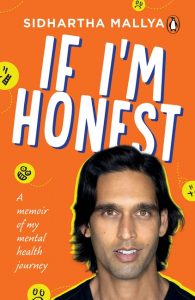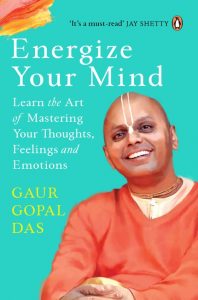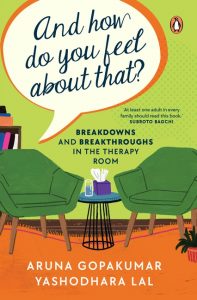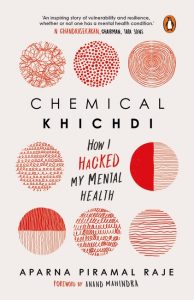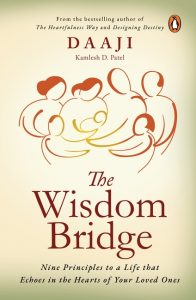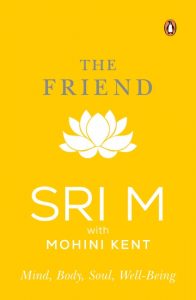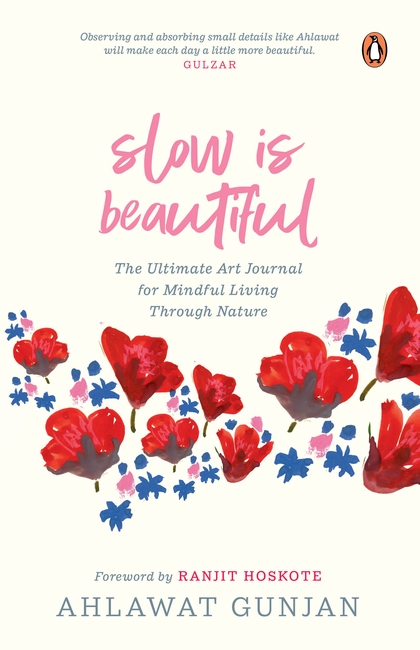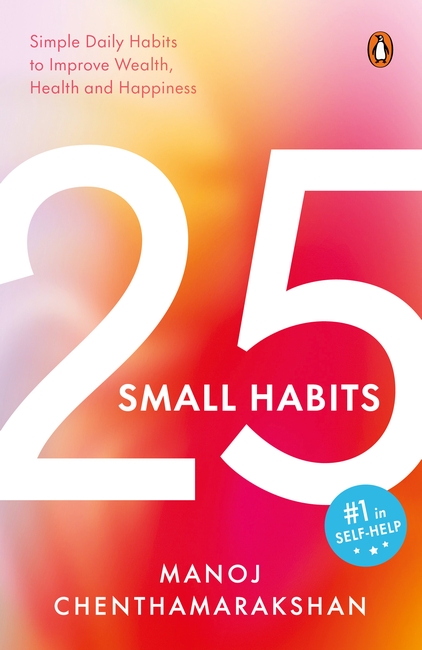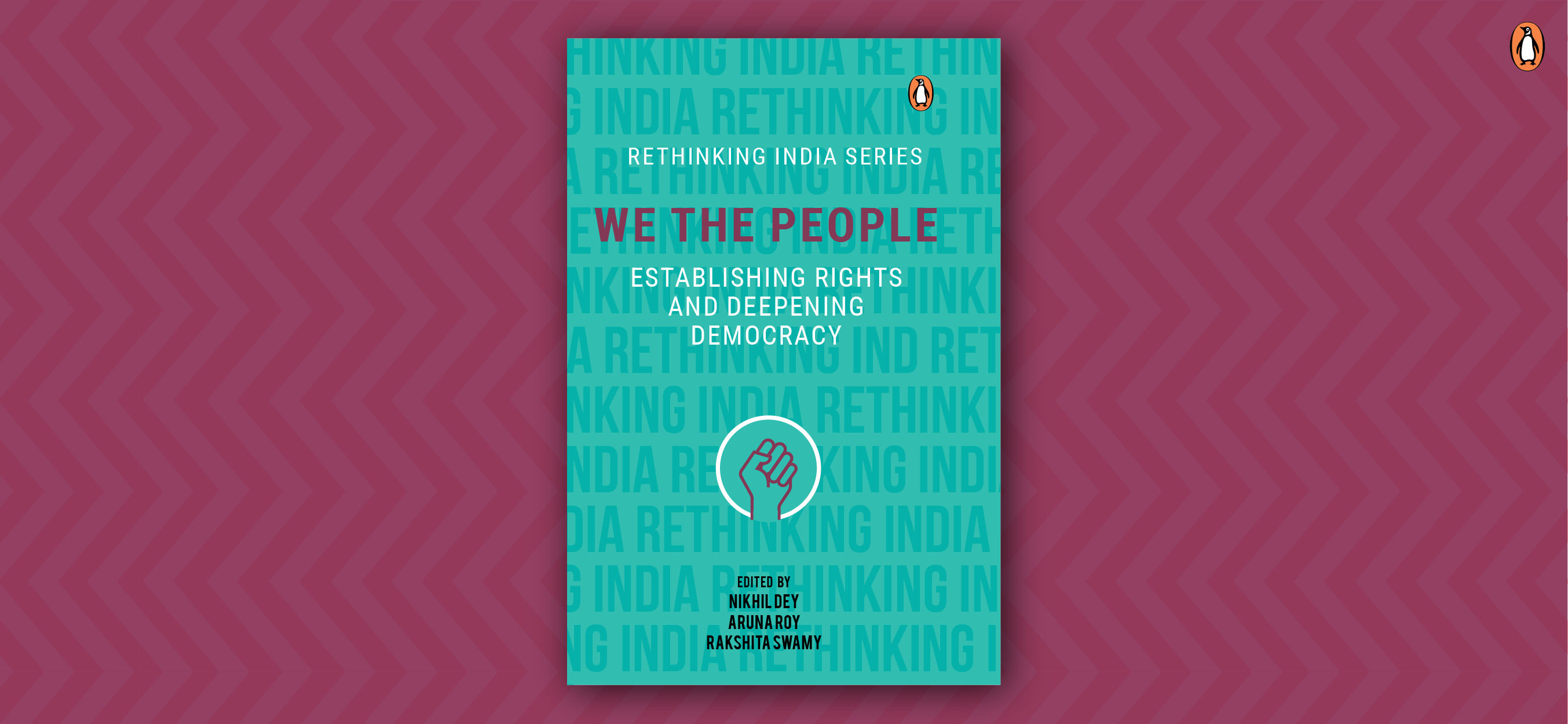This International Mother Language Day, we bring you our favourite reads to celebrate linguistic and cultural diversity. Scroll down to find the books that you would like to read next.
Hangwoman by K.R. Meera
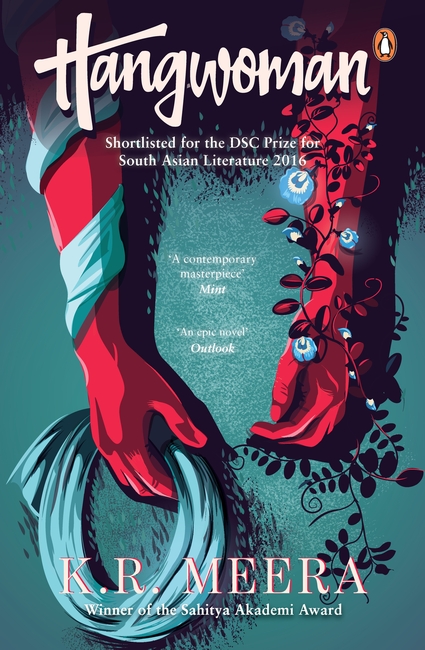
The Grddha Mullick family takes great pride in their long history, which dates back to 400 B.C. The Grddha Mullicks play a key role as eyewitnesses to the significant events that have shaped the history of the subcontinent in these amazing stories of hangmen and hangings. The narrative of Chetna, the youngest member in the family, is transformed into an epic and twisted coming-of-age tale thanks to Meera’s amazing imagination. Will the passionate young lady be able to break free from her love? Will she be able to kill someone? Will she shine a brighter light on Grddha Mullick’s famous name? Or will she give in to the glamour of fame and the rush of having the ability to decide someone’s fate? As the drama sputters towards its unavoidable conclusion, the vile pleasures of voyeurism and the punishing ironies of violence are kept in agile balance.
Lajja by Taslima Nasrin
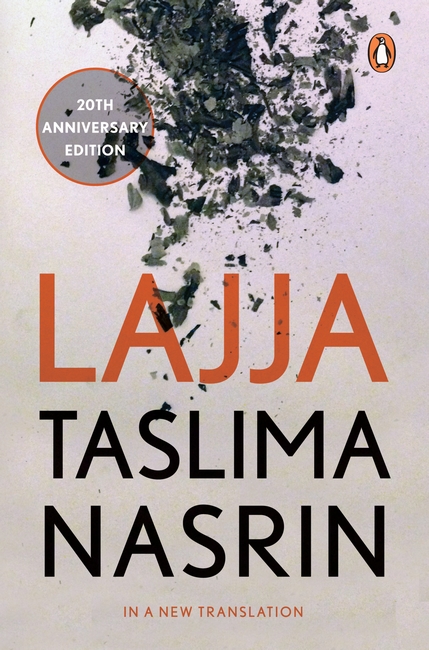
Lajja, a brutal indictment of religious fanaticism and man’s inhumanity to man, was outlawed in Bangladesh but quickly rose to fame elsewhere. The Dutta family, which consists of Sudhamoy and Kironmoyee, as well as their offspring Suranjan and Maya, has always resided in Bangladesh. Unlike the majority of their friends and family, they are not willing to leave their nation even though they are a part of a small, weak Hindu community. Sudhamoy has a naive optimism and idealism that he will not be let down by his homeland. On December 6, 1992, the Babri Mosque was destroyed. The incident is condemned by the entire world, but Bangladesh feels its immediate effects the most keenly as Muslim mobs start to hunt down and assault Hindus. The Duttas’ world starts to disintegrate as the nightmare comes at their door.
Chowringhee by Sankar
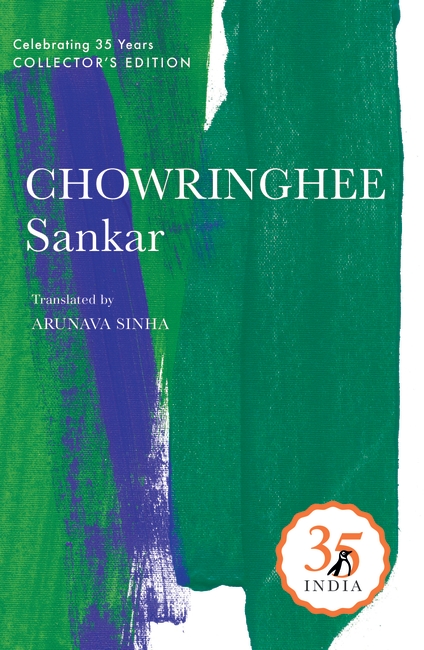
Best-selling Bengali author Sankar’s 1962 book Chowringhee, which is set in 1950s Calcutta, is written in Bengali. It focuses on the private lives of administrators, staff members, and visitors at the Shahjahan, one of Calcutta’s biggest hotels. The newest employee, Shankar, tells the tales of a number of individuals whose lives intersect in the hotel’s suites, restaurants, bar, and backrooms. Chowringhee is as much an eulogy as it is an homage to a city and its people thanks to its barely veiled accounts of the private lives of real-life celebrities and its sympathetic story that seamlessly weaves the past and the present.
One Part Woman by Perumal Murugan
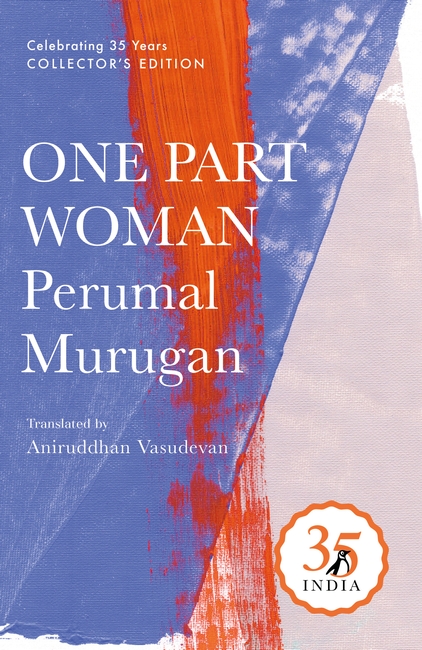
Kali and Ponna’s relationship is tested by the Chariot Festival, which could end their suffering and humiliation, but also put their marriage to the ultimate test. One Part Woman evokes an intimate and unsettling portrait of marriage, love and sex.
Tejo Tungabhadra by Vasudhendra
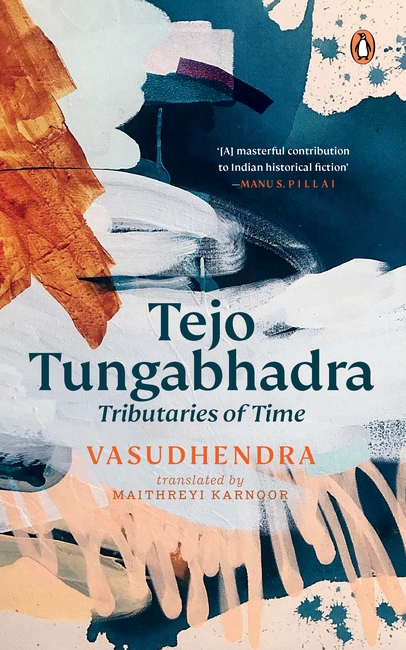
Tejo Tungabhadra is a grand saga of love, ambition, greed, and a deep zest for life, set in the late 15th and early 16th century. The profoundly antisemitic society around Bella and her family, who are young Jewish refugees living in Lisbon on the banks of the Tejo River, poses daily threats to their lives and dignity. Her lover, Gabriel, travels to India with General Albuquerque’s fleet in search of riches and a bright future for the two of them. Meanwhile, the young pair Hampamma and Keshava are caught in the violent religious storm and the cruel rigmarole of tradition on the banks of the Tungabhadra in the Vijayanagara Empire. With all the thunder and gush of colliding rivers, the two tales come together in Goa. Tejo Tungabhadra, a grand saga of love, desire, greed, and a profound zest for life through the tossing waves of history, is set in the late 15th and early 16th century.
Lifting the Veil by Ismat Chughtai
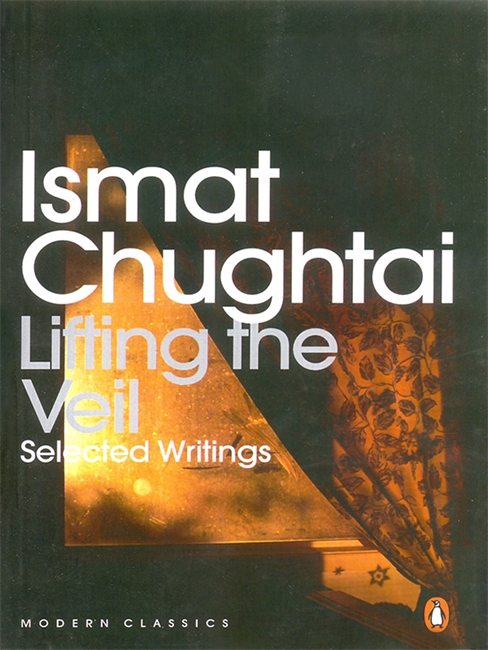
Ismat Chughtai investigated female sexuality with unparalleled frankness and looked at the political and social mores of her time at a time when writing by and about women was uncommon and tentative. She completely changed the tone of Urdu fiction by writing about the society she was familiar with and introducing middle-class idiom into Urdu prose.
In Lifting the Veil, Ismat Chughtai’s fiction and nonfiction work are combined. The twenty-one pieces in this collection showcase Chughtai’s finest work, which is distinguished by her exquisite word choice, enthralling dialogue, wry humour, and her trademark irreverence, wit, and attention to detail.
The Princess and the Political Agent by Binodini
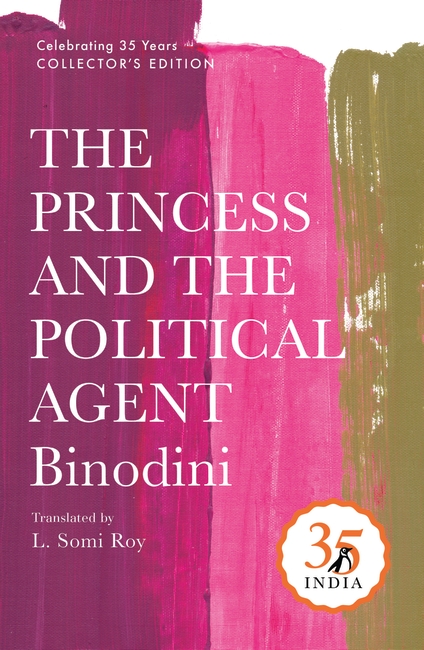
This is the love tale of Sanatombi and Lt. Col. Henry St. P. Maxwell, the British representative in the Tibeto-Burman kingdom of Manipur, which has now been translated into English by Binodini’s son, L. Somi Roy. A moving story of loyalty and betrayal, treachery, and bravery, it is set amid the Raj’s imperialist machinations, the grandeur of kings, warring princes, cunning queens, and obedient retainers. Binodini’s viewpoint, which revives front-page international headlines from the Anglo-Manipuri War of 1891, glistens with wit, empathy, and beauty and vividly depicts the court and manners of a little-known country. She uncovers a forgotten era of the British Raj and its extraordinary past in the process.
Lata by Yatindra Mishra
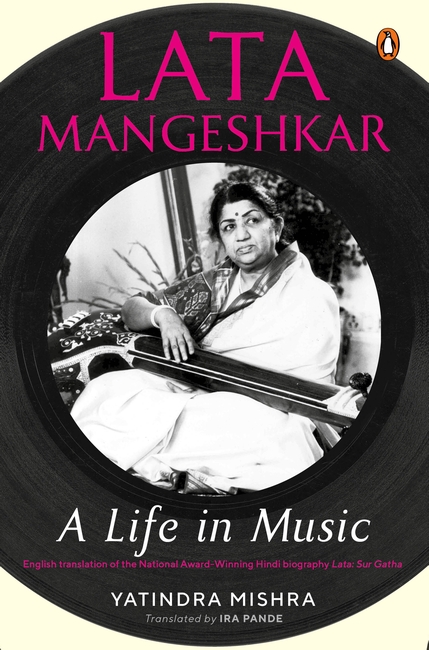
Lata: A Life in Music is a celebration of art and the life of one of India’s most revered vocalists. It is a tribute to the marvellous life of the Late Lata Mangeshkar. The final result of Yatindra Mishra’s ten-year conversation with the legendary performer, it also uncovers the great artist’s lesser-known sides, introducing readers to Lata Mangeshkar as an intellectual and cultural exponent and offering a rare window into the person behind the adored legend.









